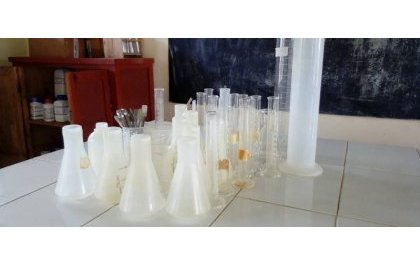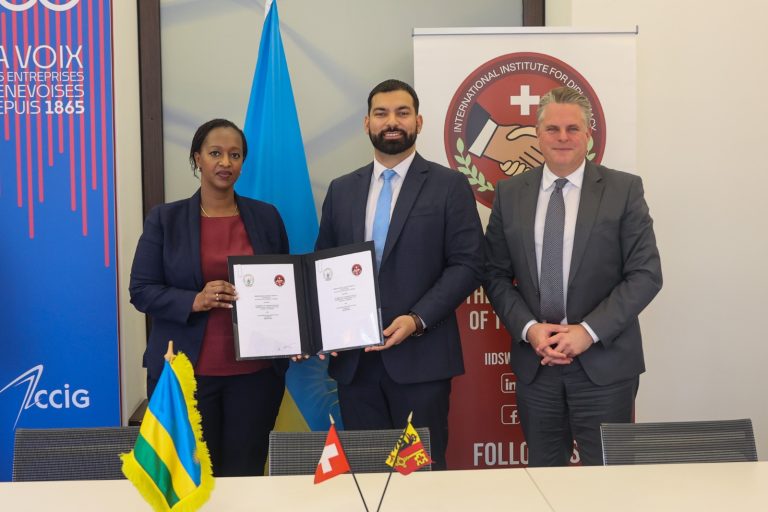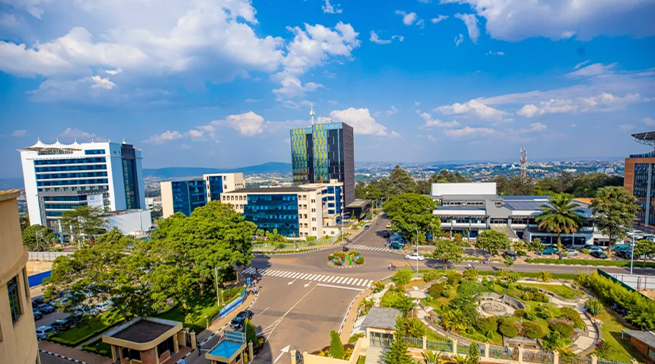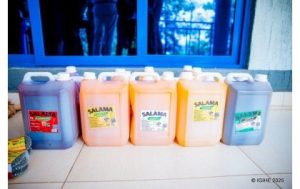The Rwanda Environment Management Authority (REMA) has announced that it has successfully removed over 5.5 tons of expired and dangerous chemicals from 109 schools across the country. These substances, which had been left in school laboratories for years, posed serious risks to students, teachers, and the environment.
The revelation was made during a meeting between the Parliamentary Committee on Land, Agriculture, Livestock, and Environment and REMA’s Director General, Juliet Kabera, held on October 21, 2025. The discussions focused on the implementation challenges of Rwanda’s 2019 Environmental and Climate Change Policy.
Kabera explained that although the issue of expired laboratory chemicals had been known for a long time, actual removal and disposal had been delayed due to the need for proper assessment and classification. “Since July 2025, we have removed about 5.5 tons of hazardous chemical waste from over 109 schools, including both secondary schools and universities and even some hospitals,” said Kabera.
She noted that most of these chemicals were poorly stored, increasing the likelihood of contamination and health risks.“Many were decades old and improperly handled. Some schools kept them in open storage, where students and staff could easily be exposed. In other cases, chemicals were dumped in open pits a serious mistake, as such substances don’t decay but continue to pollute soil and water.”
During inspections, REMA officials reportedly found chemicals that had been in certain school laboratories for more than 50 years.“One of our team members recognized the same lab where she once studied as a young girl and the chemicals were still there,” Kabera recalled. “It showed how long these materials had been forgotten.”
The retrieved chemicals were safely incinerated at a specialized waste treatment facility in Mageragere, where each kilogram destroyed was compensated according to environmental safety protocols. However, some substances have been temporarily stored in a newly constructed short-term hazardous waste facility, as not all can be destroyed immediately.
Kabera added that REMA is also addressing similar cases in hospitals, agricultural facilities, and industrial storage sites, where expired fertilizers, thermometers containing mercury, and other outdated chemicals pose ongoing threats. “Mercury thermometers, for example, are extremely dangerous. We’re now creating proper storage systems and exploring ways to recycle or repurpose some materials safely.”
REMA is also developing a national digital monitoring system to track the importation, distribution, and disposal of all chemicals entering Rwanda. In collaboration with the Rwanda Revenue Authority (RRA), this system will help prevent the unnecessary import of substances when existing stockpiles already require disposal.
Kabera further cautioned suppliers who deliver unnecessary or excessive amounts of chemicals to schools, leading to long-term waste accumulation and environmental hazards. “Proper control and monitoring of these chemicals are essential. Protecting students, teachers, and communities from exposure is not only an environmental priority it’s a public health responsibility,” she emphasized.
This initiative marks a major step in Rwanda’s ongoing effort to promote safe waste management, sustainable education environments, and climate resilience, ensuring that future generations can learn without being exposed to hidden toxic risks.

Author: Justinmind HARERIMANA















